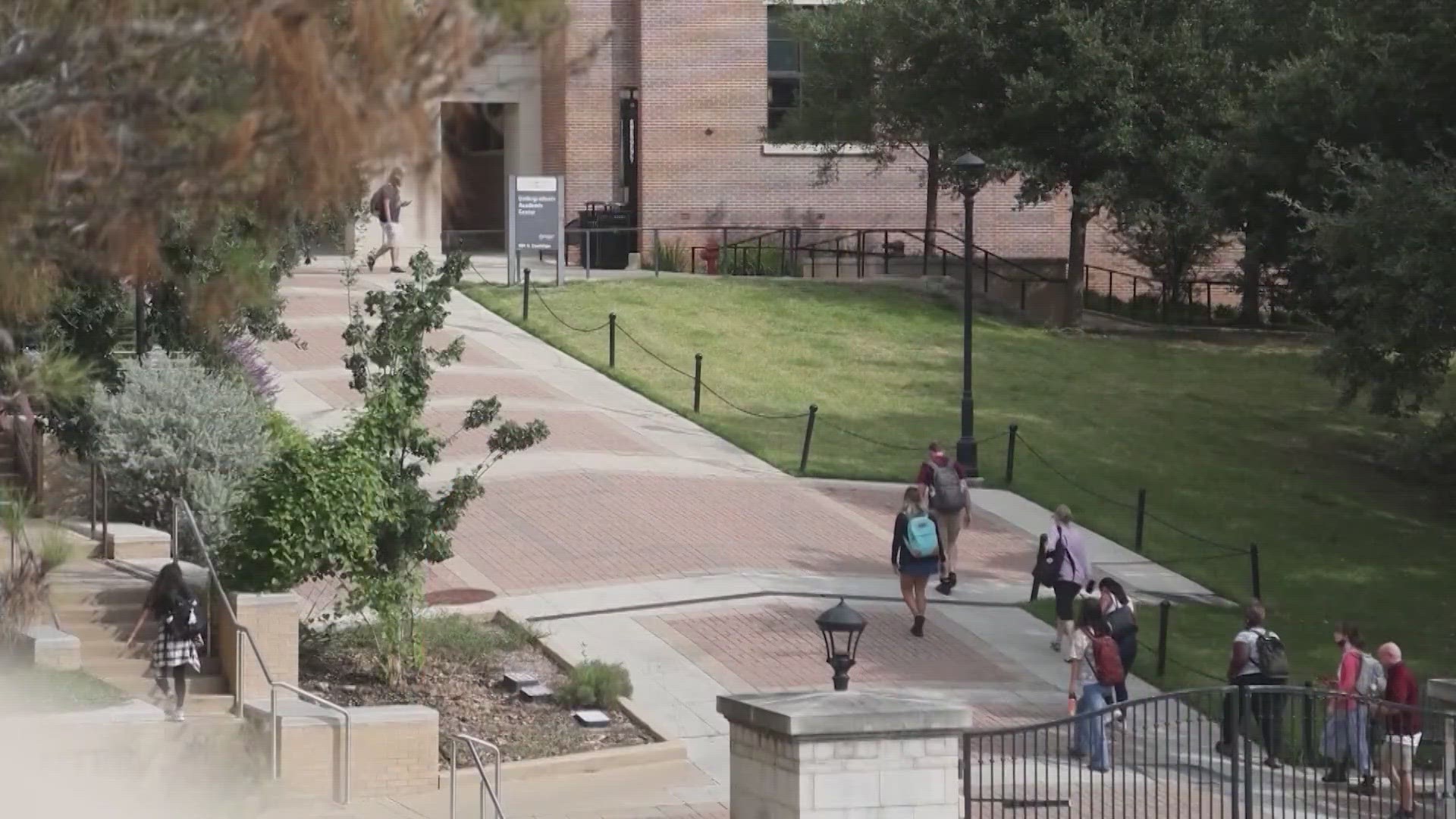DALLAS — The new year welcomed 30 new state laws in Texas.
The Lone Star State will no longer allow its publicly funded colleges and universities to have Diversity, Equity, and Inclusion - or DEI - offices.
"Diversity" refers to the representation of people from a variety of backgrounds – particularly referring to people of different races, genders, sexual orientations, disabilities, religions and more at all levels in an organization, including the leadership level.
"Equity" focuses on fairness and justice, mainly referring to compensation and whether people are being paid or treated fairly.
"Inclusion" shines a light on fairness and justice, particularly referring to compensation and whether people are being paid or treated fairly, that's according to DEI experts.
When Texas college students return to school after the winter break, they will discover their campuses' diversity offices are closed for good.
Texas A&M University posted a website message that states, "As Texas A&M University prepares to comply with Texas Senate Bill 17 (S.B. 17) regarding diversity, equity and inclusion programs at public universities, staff members previously supporting the Office for Diversity have been reassigned, and this office is closed. The university is transitioning S.B. 17-compliant programs and resources previously offered by the Office for Diversity to other areas of the university and discontinuing programs that are not compliant."
"This is out of step with the majority of the global population because the world is not becoming less diverse it's becoming more diverse, said Dr. Michael Sorrell. He is the president of Paul Quinn College, a historically Black college in Dallas. "We are disadvantaging our students by failing to acknowledge that and make a plan for inclusion."
Dr. Sorrell explains DEI initiatives have come under attack by conservative legislators, which includes Texas Gov. Greg Abbott and Florida Gov. Ron DeSantis, who argue that DEI is an "indoctrinating" program.
DEI supporters beg to differ, explaining this will set back years of progress.
"The idea is that they are the people who are working to make sure the institution functions in its most equitable and fair state. They are not there to 'indoctrinate' anyone about anything other than what should be fundamentally Christian principals," said Dr. Michael Sorrell. "You can not look at the data and arrive at the conclusion that those things are being done without some additional help."
DEI programs in universities are being cut across the country, with lawmakers claiming the offices eat up financial resources and have little to no impact.
Yet, research from the National Center for Education shows DEI initiatives boost student enrollment numbers among underrepresented populations and helps universities hire employees from more diverse backgrounds, creating more cultural awareness.
Dr. Sorrell states even without DEI offices, institutions need to prioritize supporting students. He is a part of an effort to support DEI school leaders who are being reassigned.
"I hope they realize that they have lot of company in this fight and and people who can teach them how to fight because for some of us this is all we've ever done."

